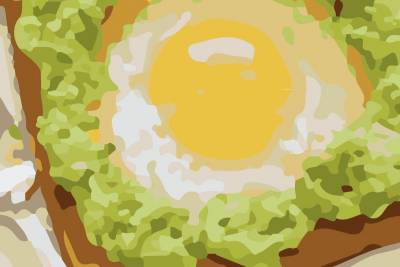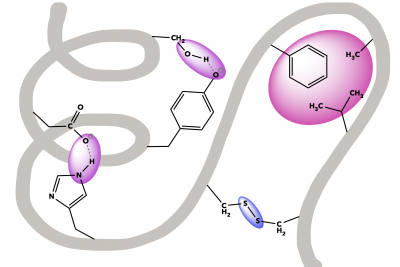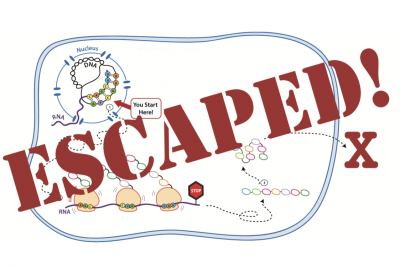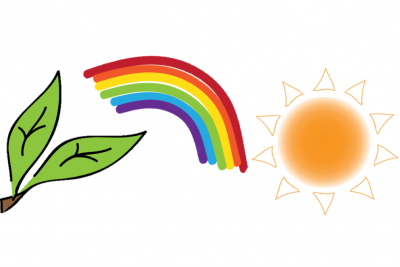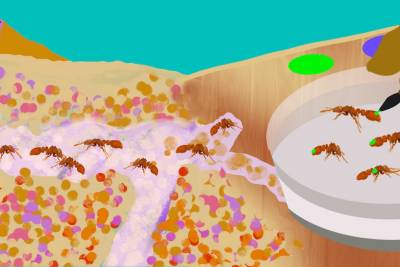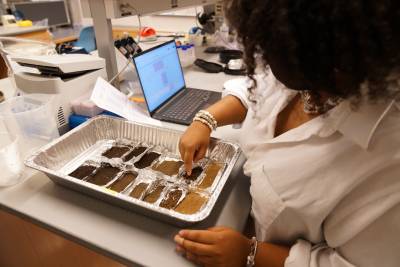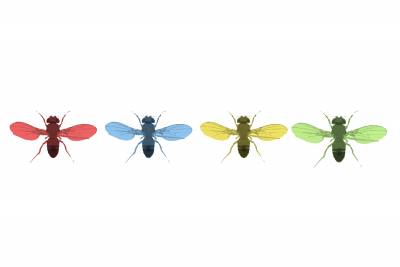Know About the Fermentation of Food
Below are some things to know about fermentation science as you start to explore these resources. When you like what you find, check out the full version for full background, discussion questions, visuals, downloadables, and more. Adapt these materials for your context, and please reach out with suggestions and ideas!
Deepen your knowledge...
History and Biochemistry of Fermented Foods
While the process of fermentation significantly predates the emergence of our species, humans have been harnessing this microbial technology for food production and preservation for thousands of years. In many cases, specific fermented foods can act as a marker of cultural identity, and perhaps draw us back to the flavors and smells of grandma’s kitchen. Here, we will dive into the history and science of fermented foods.
Symbiotic evolution with microbes
Symbioses are the ultimate examples of success through collaboration and the powerful benefits of intimate relationships. — David Relman
In biology, there is a tendency to walk a reductionist path, breaking every system down to individual components in order to understand how a biological system works. This strategy has certainly shed light on many fundamental principles pertaining to life on earth, leading to immeasurably impactful discoveries. However, as new technologies emerge and perspectives widen, we are able to take a more holistic viewpoint in our quest to understand the underlying complexities of life.
Kombucha as a Model for Fermentation
Kombucha is a fermented tea beverage that is a simple, accessible fermentation system. With some tea, sugar, and a little bit of an active kombucha culture, you too can conduct your own fermentation experiments in your kitchen, classroom, or laboratory space.
Kombucha, which comes from Japan, is possibly completely misnamed as kombucha refers to tea from kombu (kelp) rather than a fermented tea beverage (which has another name in Japanese)—nevertheless it stuck, and seems to be here to stay. The kombucha live ferment also goes by several names: SCOBY (symbiotic colony/culture of bacteria and yeast), mushroom, or mother among them.



